10+ SAMPLE Accountant Agreement
-
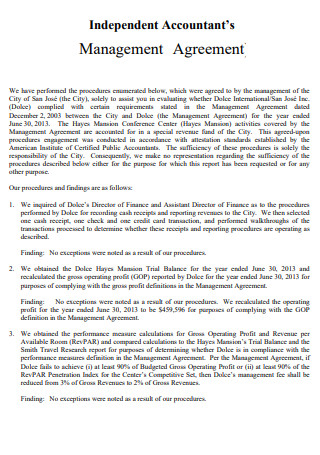
Independent Accountant Agreement
download now -
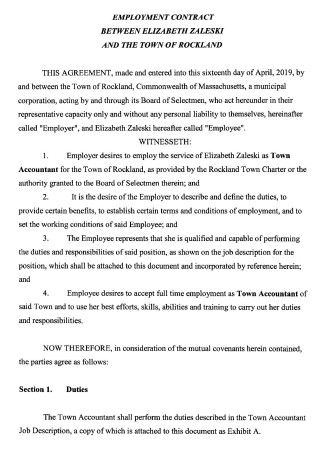
Town Accountant Employment Contract Agreement
download now -
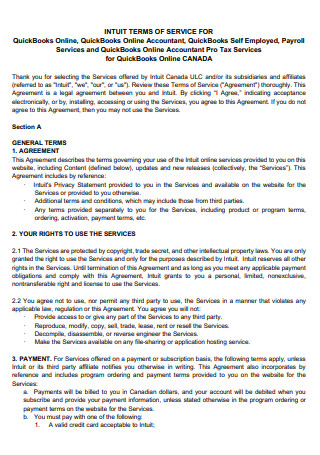
Online Accountant Agreement
download now -
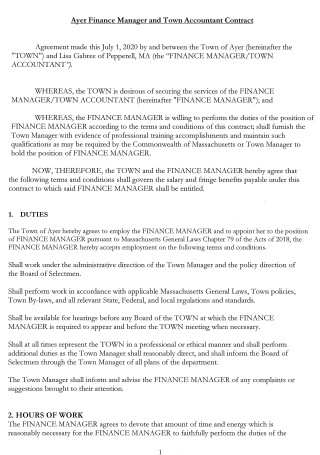
Finance Manager Town Accountant Agreement
download now -
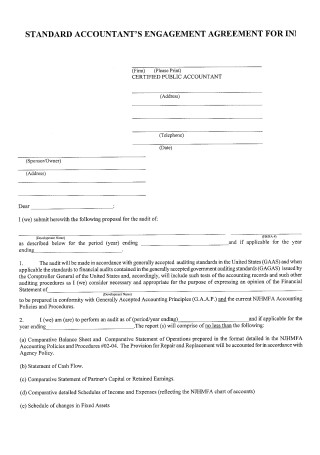
Standard Accountant Engagement Agreement
download now -
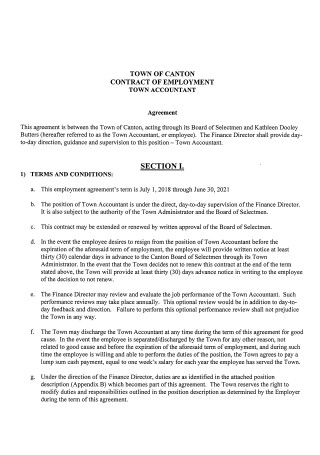
Sample Accountant Agreement
download now -
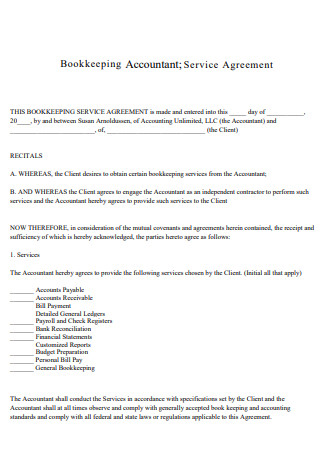
Bookkeeping Service Accountant Agreement
download now -
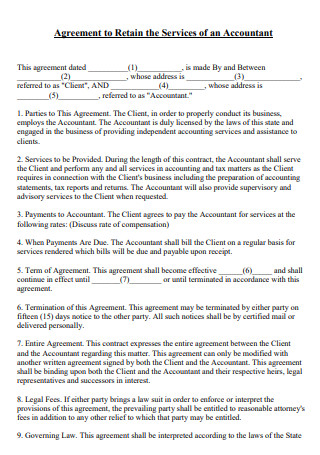
Retain the Services of an Accountant Agreement
download now -
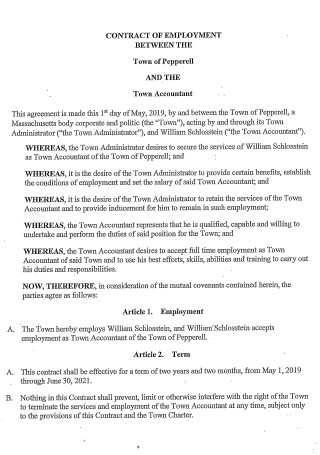
Contract of Employement Accountant Agreement
download now -
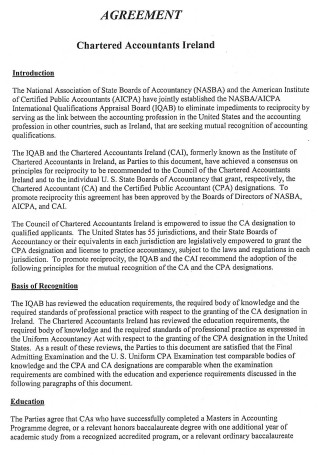
Chartered Accountant Agreement
download now -
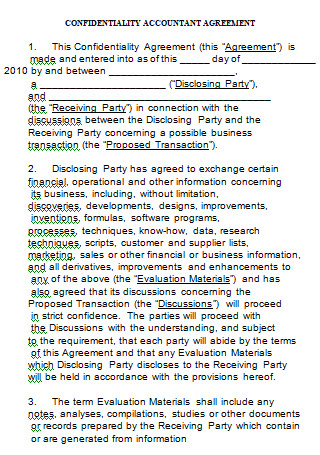
Confidentiality Accountant Agreement
download now
FREE Accountant Agreement s to Download
10+ SAMPLE Accountant Agreement
What Is an Accountant Agreement?
What’s Inside an Accountant Agreement?
How to Make an Accountant Agreement
FAQs
What is the role of a project accountant?
What is the difference between an accountant and an auditor?
Why is an accountant agreement important?
What Is an Accountant Agreement?
First of all, let’s get to know what an accountant is. An accountant is known as the person who is responsible for recording different types of business transactions on behalf of an organization or company, the one who reports on the company’s financial performance to the respective management, the one who issues financial statements, and so on. Alternatively, aside from working for companies, accountants may choose to work for individuals instead, wherein their main responsibilities can involve dealing with tax returns and more. Additionally, they collaborate closely with bookkeepers to verify the accuracy of the company’s financial accounts. Overall, they play an extremely crucial role for the parties they work for, whether it is individuals or high and low-profile businesses, or multinational or small corporations.
An accountant agreement is a business document that is used by a client (be it an individual or a company) and an accountant to discuss the accounting needs of the client. This agreement is intended to establish the rights and duties of the parties participating in accounting services, as well as to identify the scope of such services and set timelines. Furthermore, this agreement aids in the establishment of a professional connection between a client and an individual accountant and is beneficial for organizations that want particular areas of their finances managed as well as people with personal accounting requirements. Aside from that, having this contract written may assist each party in setting expectations and reducing the possibility of conflicts over the term of the agreement.
What’s Inside an Accountant Agreement?
Listed below are the following details that should be added when creating an accountant agreement:
How to Make an Accountant Agreement
Listed below are the steps that you need to take when you want to create an effective accountant agreement. Take note that more steps may be required depending on a number of factors such as the complexity of the services required and the parties who will be entering the said agreement.
1. Determine Who is Involved and What Services are Required
This is the first step in creating an accountant agreement. In this step, what needs to be done is to identify who is going to be involved. The parties that are usually involved are the client company that is in need of the accounting services and the accountant who will provide the said services that are needed by the company. The services needed must also be properly identified as it will dictate the type of accountant that they are going to hire. If the company needs someone who can create financial reports as well as analyze financial data, then they need a staff accountant. If the company in question, however, needs someone who knows to analyze the company’s financial standing and its potential impact on the company, then they will need to hire a management accountant.
2. Create the Main Clauses
After the parties involved in the agreement along with the respective services needed have been identified, it’s time to create the main clauses of the accountant agreement. Some of the main clauses of the agreement include the engagement, the agreement term, the payment clause, and the ownership clause. The engagement clause should state that the accountant agrees to render their accounting services to the client company in accordance with the agreement. The agreement term should clearly state the effective start and end date of the agreement and may also state that the duration of the agreement may be extended provided a formal agreement has been reached between both parties. The payment clause of the agreement how the client will pay the accountant for the services they render, and the ownership clause should state the terms regarding product ownership of intellectual property throughout the agreement.
3.Follow-up With the Boilerplate Clauses
After creating the main clauses of the agreement, the boilerplate clauses will then follow. They are usually common in other types of agreement documents and usually appear at the ending part. Some of the boilerplate clauses that can be found in an accountant agreement include the confidentiality clause, the limitation of liability clause, the severability clause, and the termination clause. The confidentiality clause prevents unauthorized use of any sensitive data that may be shared throughout the agreement. The limitation of liability clause states that neither party shall be liable to the other or any third party for any damage arising from any part of this agreement, the severability clause states that any invalid provisions shall be separated from the remainder of the agreement, and all other provisions shall continue in full force and effect as valid and enforceable, and lastly, the termination clause specifies that either party may end the agreement at any time by giving the other party written notice.
4. Get it Checked and Finalized
After completing the main and boilerplate clauses of the agreement, the next thing to do is to get the document verified for any errors and inconsistencies with the clauses that are present. Someone well versed with contracts and agreements such as a lawyer is best suited to do this task. When it has been verified that the document is clear of errors, the agreement can then be finalized and put into force by the parties involved.
FAQs
What is the role of a project accountant?
Project accountants are recruited to work on a particular project. They may be a long-term employee or a contractor called in particular to handle one specific purpose, depending on the company for which they are employed. A project accountant’s responsibilities may include, but are not limited to, producing invoices, collecting bills, authorizing costs, authorizing billable hours given by others, and so on.
What is the difference between an accountant and an auditor?
The main difference between an accountant and an auditor lies in their responsibilities. The accountant’s main role is to review the company’s finances on a daily basis and to generate a financial report by the end of the year in order to report to management the company’s actual financial status and assess its strong and weak aspects. The auditor, on the other hand, is responsible for ensuring that these data are as precise as possible.
Why is an accountant agreement important?
An accountant agreement is necessary because, as trusted advisers with access to critical financial information, accountants may violate business behavior and privacy, which might have a severe impact on all parties. When it comes to financial conformity and advice, establishing an accounting agreement in place protects both clients and accountants. Furthermore, the purpose of this type of agreement is to hold all parties accountable for keeping correct and up-to-date financial records.
As said earlier, businesses who are going to employ the services of an accountant should have this document in place since it protects both their interests should anything untoward happen. Additionally, this document also holds both parties accountable for keeping everything accurate. Should you find the task of creating this document intimidating, there are plenty of sample templates in this article that you can acquire so that you have something of a reference whenever you make one.
